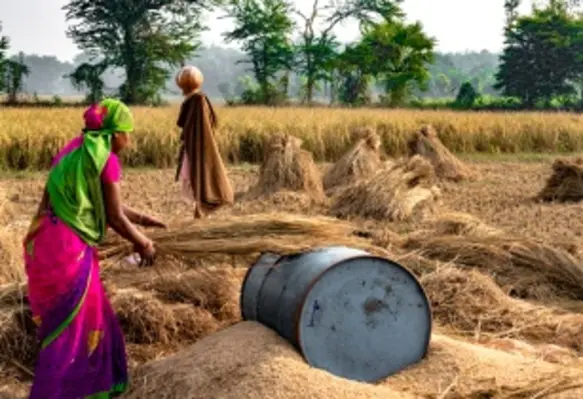This year’s The State of Food and Agriculture (SOFA) report by FAO is entitled “Making agrifood systems more resilient to shocks and stresses”, provides an assessment of the ability of national agrifood systems to respond to or recover readily from shocks and stressors
The latest rise in global hunger estimated that countries need to make their agrifood systems more resilient to sudden shocks of the kind witnessed during the COVID-19 pandemic. The Food and Agriculture Organisation of the United Nations’s (FAO) State of Food and Agriculture (SOFA) 2021 report exposes the fragility of the agrifood systems and offers solutions on how to deal with sudden shocks. This year’s SOFA report by FAO is entitled “Making agrifood systems more resilient to shocks and stresses.” It also offers guidance to governments on how they can improve resilience.
The SOFA 2021 report estimates that an additional one billion people would join their ranks if a shock reduced incomes by one-third. Moreover, food costs could increase for up to 845 million people if a disruption to critical transport links were to occur. The report defines shocks as “short-term deviations from long-term trends that have substantial negative effects on a system, people’s state of well-being, assets, livelihoods, safety and ability to withstand future shocks.”
The world’s agrifood systems produce 11 billion tonnes of food a year and employ billions of people, directly or indirectly. The report also presents country-level indicators of the resilience of agrifood systems in more than a hundred countries, by analysing factors such as transport networks, trade flows and the availability of healthy and varied diets. While low-income countries generally face much bigger challenges, its findings show that middle-income countries are also at risk.
Based on the evidence of the report, FAO recommends that governments make resilience in agrifood systems a strategic part of their responses to ongoing and future challenges. Supporting the development of small and medium agrifood enterprises, cooperatives, consortia and clusters helps maintain diversity in domestic agrifood value chains.




